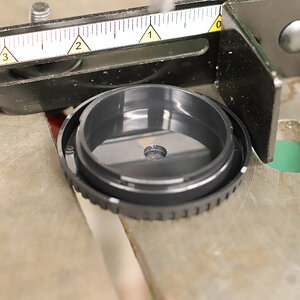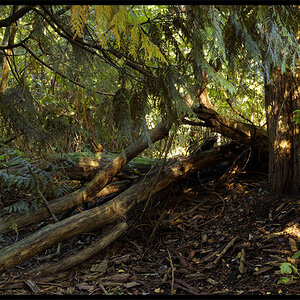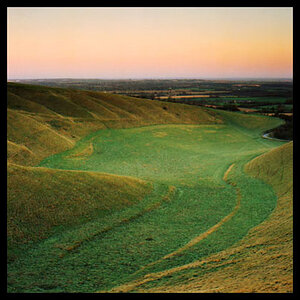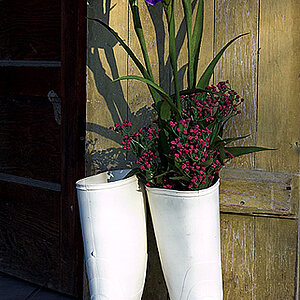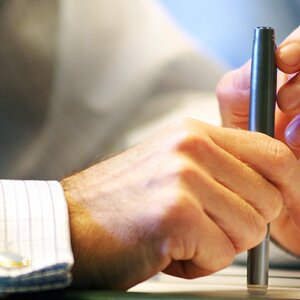TCampbell
Been spending a lot of time on here!
- Joined
- Mar 31, 2012
- Messages
- 3,614
- Reaction score
- 1,556
- Location
- Dearborn, MI
- Can others edit my Photos
- Photos OK to edit
There is a reason the 50mm f/1.8 is as cheap as it is. If you can afford the 50mm f/1.4 version... that's the one you want to get.
The f/1.4 version has a substantially better build, faster focusing, quieter, SUBSTANTIALLY better background blur quality, etc. In "in focus" areas won't be so different when comparing the two, but everything else is night & day difference. It's worth the higher price tag.
The f/1.4 version has a substantially better build, faster focusing, quieter, SUBSTANTIALLY better background blur quality, etc. In "in focus" areas won't be so different when comparing the two, but everything else is night & day difference. It's worth the higher price tag.



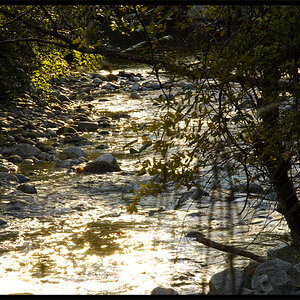
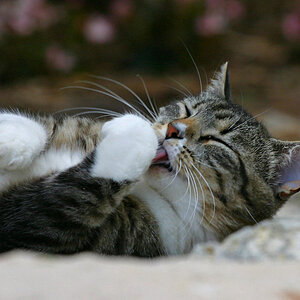
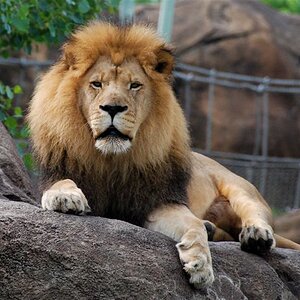
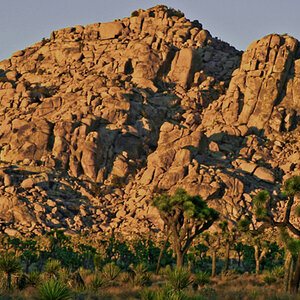
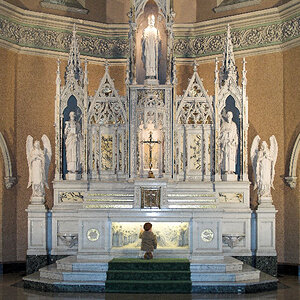
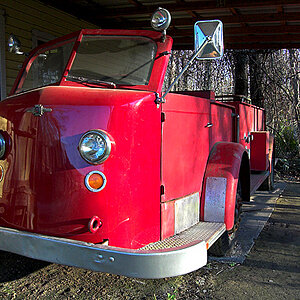
![[No title]](/data/xfmg/thumbnail/1/1592-cfae4a7ea791f96c6e2d03484be2e454.jpg?1619729144)
